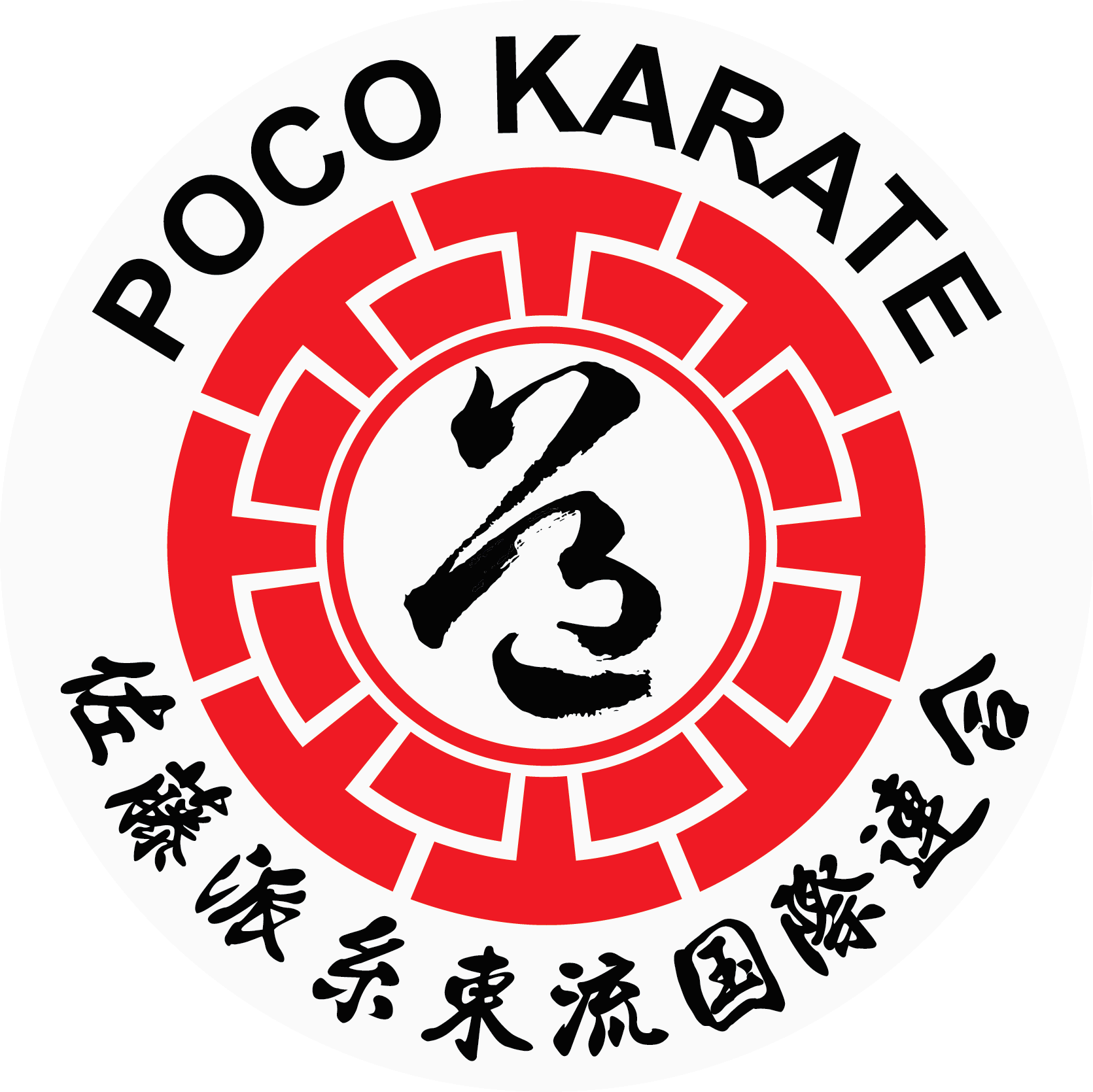Mental Health Awareness Week - #MyStory
- pocokarate
- May 3, 2023
- 4 min read
Updated: Aug 20, 2023
May 1 to 7 is Mental Health Awareness Week in Canada. According to the latest statistics I could find from Stats Canada, in the Spring of 2021, 25% of Canadians aged 18 and older screened positive for symptoms of depression, anxiety or post traumatic stress disorder. With such a high prevalence of mental health issues facing Canadians, I find it shocking, and frankly, counter-productive that our society still upholds a stigma towards those who are living with these challenges. Stigma encourages isolation, denial, and resistance to seeking out the help that is so dearly needed with any kind of injury or illness. In order to help chip away at the stigma, and hopefully help others who are struggling, I am choosing to share my story.
I have been practicing Karate since 1987, and I am a regular competitor at provincial level tournaments. I am also living with an anxiety disorder as a result of an occupational injury in 2007-2009. The mental strength and resilience that I had developed from years of training in Karate was an immense help so that I could carry on after my injury. However, unbeknownst to me at the time, it would also serve as a hindrance to my treatment, because it gave me the option and the ability to hide and ignore my injury. I remember feeling immense shame and fear after my diagnosis. Because of the stigma surrounding mental health, I worried about repercussions to my professional and personal lives. And if you know anything about anxiety, excessive emotional stress and worry create a positive feedback loop, only serving to amplify the symptoms.
In the years of living with anxiety, I have come to learn that normal anxiety is a good thing. It helps you avoid danger and to function in a time sensitive world. However, it becomes abnormal and problematic when our subconscious misreads cues from our daily lives and starts throwing up false alarms (anxiety, panic attacks) that are not rationally connected to our experiences. Whether normal or abnormal, all anxiety has one thing in common: its need for your attention. In ignoring or denying my anxiety, my subconscious decided to make the signals stronger until I could no longer ignore or deny them. The stigma that had caused me to ignore and deny my symptoms had only served to make them worse.
You may ask "How can someone compete provincially in Karate with an anxiety disorder?" My answer is that Karate is never meant to be easy, so why wouldn't I compete? It does present some difficult challenges, but I am using the competitive process to learn more about myself and to work through my symptoms. All four of my most recent tournaments have been exceptionally challenging, and I have learned some strategies to compete alongside my anxiety, instead of trying to resist or ignore it. The most important behaviour that I have needed to develop and improve is self-compassion. The strategies I had been taught as a child to "suck it up" are completely ineffective and the opposite of self-compassion. I instead had to really work at changing my inner dialogue to being more understanding, kind, and supportive.
At the Karate BC Provincial Championships in 2022, I admit that I was not very compassionate towards myself. I was experiencing strong panic attack symptoms immediately before my event. Because of the time sensitive nature of competition, I made the last minute decision to shove the feelings down deep so that I could perform. I struggled to keep the panic in check throughout my event. So difficult was it that, at one point, it shattered through my concentration during my Kobudo kata performance, almost resulting in a disqualification. My heart was pounding and my chest hurt. I managed to perform through the remainder of my kata with severe tunnel vision. I realized then that my approach needed to change.
"Everything is okay
You are safe
Be kind
Be gentle
Keep going"
Before attending the Provincial Championships in 2023, I took some time to reflect on the recent events. I had realized that through ignoring and repressing my symptoms, I may have made them worse. I decided that this time, I would compete and allow myself to feel whatever my subconscious had to throw at me. And, as predicted, immediately before my event my subconscious decided to wallop me with panic symptoms. I acknowledged the feelings and under my breath recited the words: "Everything is okay. You are safe. Be kind. Be gentle. Keep going." I was making a compassionate appeal to my subconscious. I only had a minute or two before being called up for my event. By then, my symptoms had slightly receded and I was able to perform an, admittedly shaky, rendition of the kata Hamahiga no Tonfa. I had successfully managed to fully acknowledge my anxiety *and* been able to carry on and perform. This was an incredible personal triumph, and I hope sharing my experience may be helpful to others.
I believe British fantasy author, David Gemmell (1948 - 2006) stated the importance of self-compassion and self-nurture quite well in the following quote from his book "Quest For Lost Heroes". (Often incorrectly attributed as an old samurai proverb).
‘Do not speak badly of yourself, for the warrior that is inside you hears your words and is lessened by them. You are strong and you are brave. There is a nobility of spirit within you. Let it grow – you will do well enough‘
We learn from our experiences. It is the source of our compassion. It is the crucible where our strengths are forged. It is in our struggles that we learn the true character of ourselves and others. You are not alone. Be kind. Be gentle. Keep going.
-Jascha Espley
Head Instructor, PoCo Karate










Comments